The news called to mind a very specific experience I had on a much smaller scale. One holiday season while serving in the Navy, my ship was in Subic Bay in the Philippines for one of many stops at that location. Back then it was a common place for Navy ships to get work done and prep up for the next portion of a western pacific deployment. At the mouth of Subic is a little island ironically called Grande Island. Back then it was owned by the Navy and used exclusively for R&R.
That Christmas day I spent my time with a few shipmates night diving on the channel side of the island. When it was time to head back to the ship, we joined others cramming into a gig to motor back from Grande Island to the main pier on the base. It was a pitch black night. We were sitting on benches that ringed the after portion of the gig, covered over by a canvas shade. I was sitting on the forward most seat looking aft. All I could see in the dark were the vague shapes of people sitting along either side of the boat. On the stern bench directly in front of me facing forward was a young sailor and a local girl. They were outlined by the dim starlight.
Everyone except the sailor seated astern was happily chit chatting about the day, Christmas, their families far away, the fun they had; that sort of stuff. All of a sudden the guy at the back of the boat started yelling epithets in colorful language euphemistically called "sailor's tongue." His speech was slurred slightly from the day's "grog." He was deriding everything and everyone associated with Christmas specifically, and the holidays in general. This went on for a minute or so before he seemed to run out of steam.
We all fell dead silent. Our silence went on for about the same amount of time as his tirade had. Finally, someone to my right shouted sarcastically, "Bah Humbug!" Everyone laughed, and the conversation turned back to the happy chattering it had been before the outburst.
I felt sad for the sailor on the stern. I felt sad for how easily we all allowed him to have a negative effect on us. I felt grateful to the one person brave enough to verbally dismiss the blowhard. I wished it had been me that had thought to do it. Then as now I was struck at just how much one person can turn a good moment into an ill one, and vice-versa.


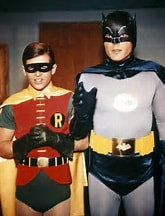
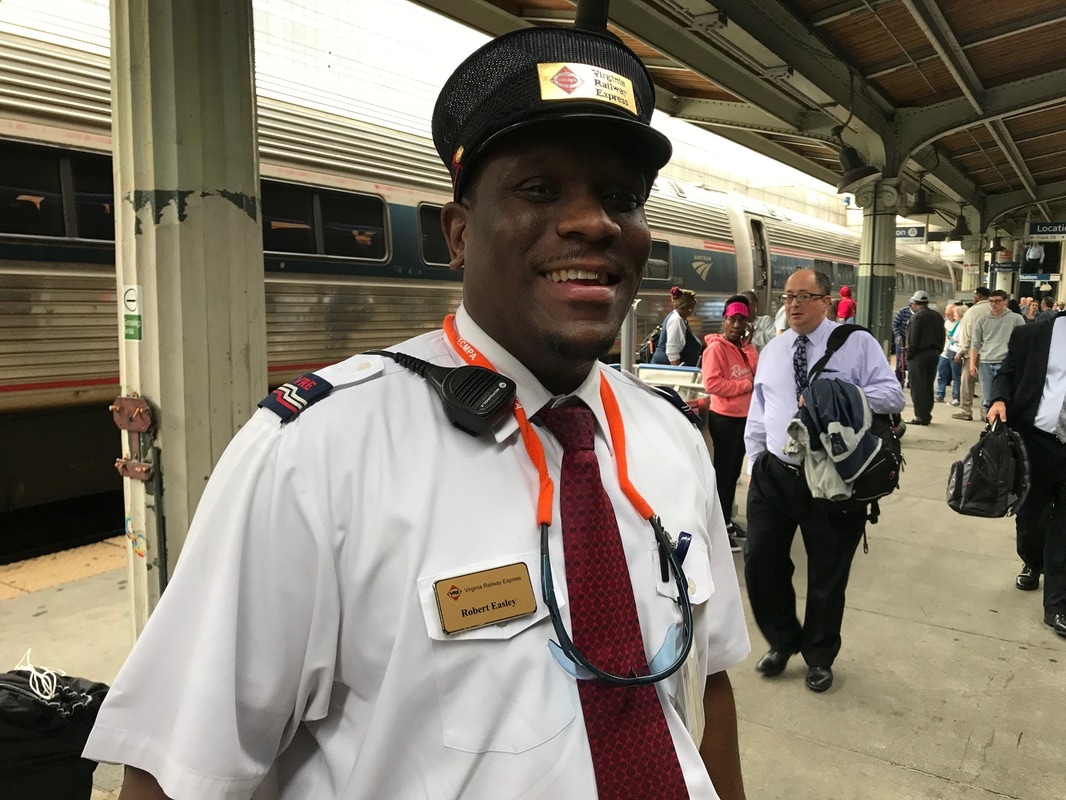


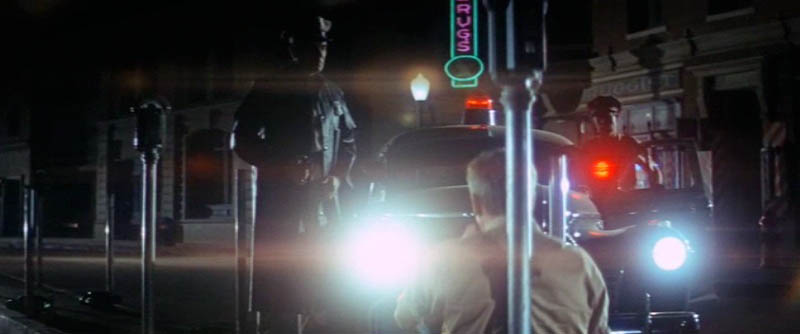
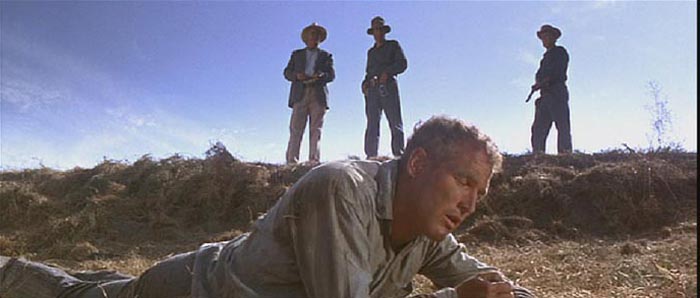



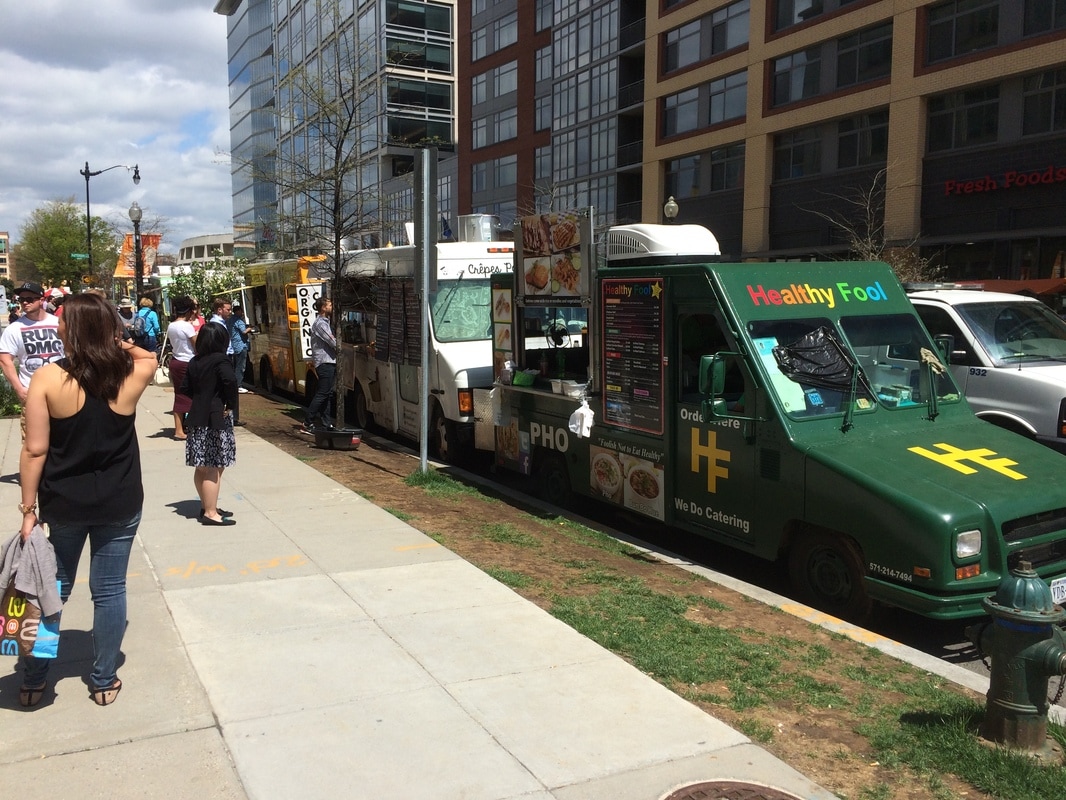
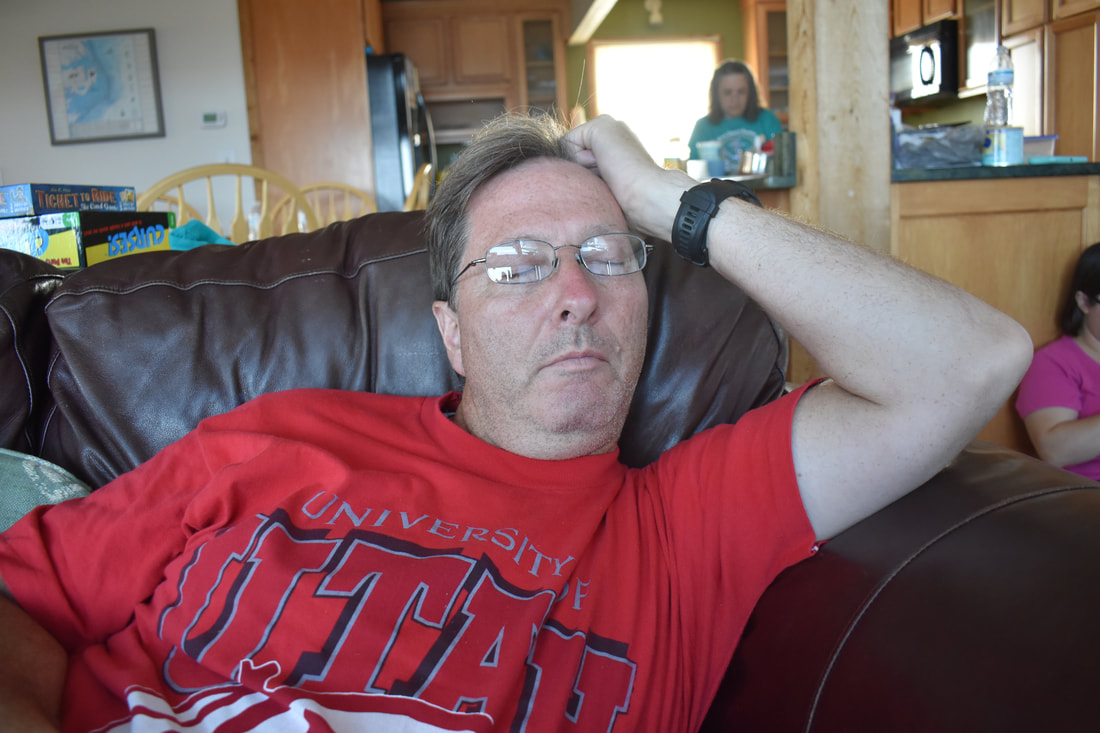
 RSS Feed
RSS Feed